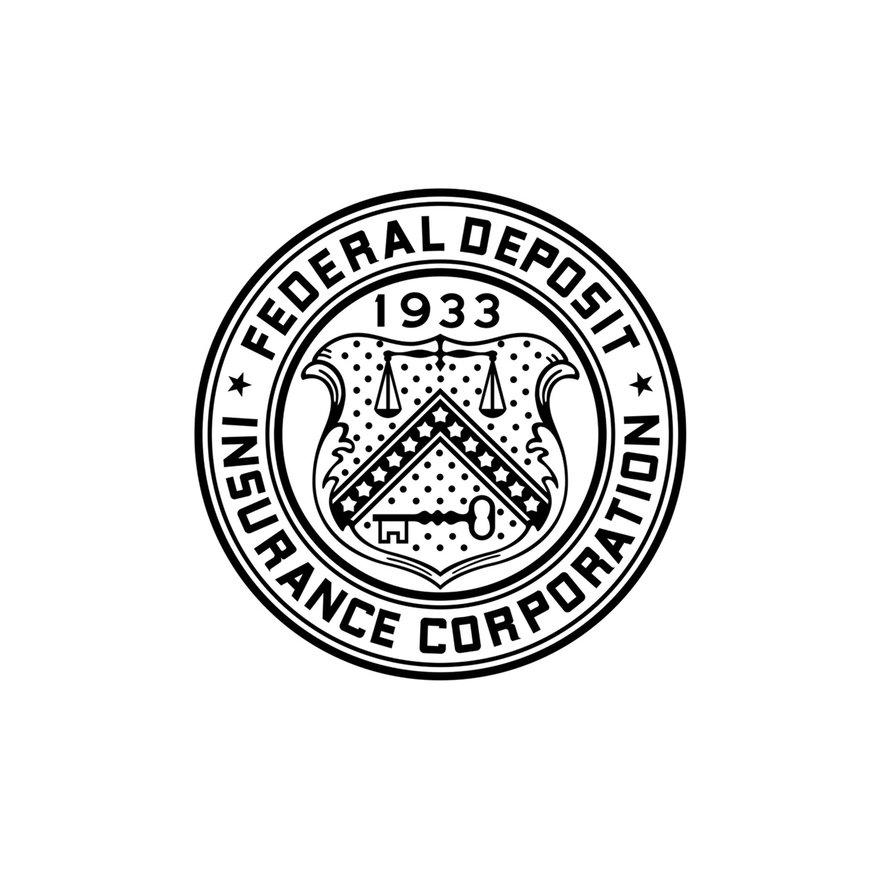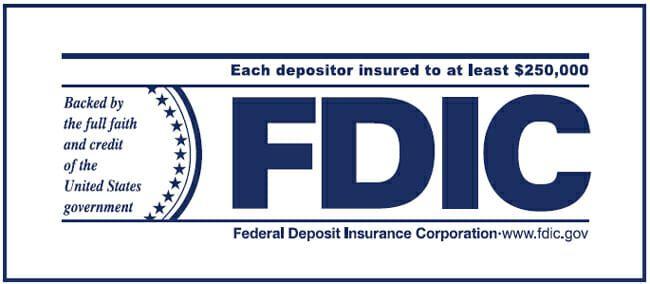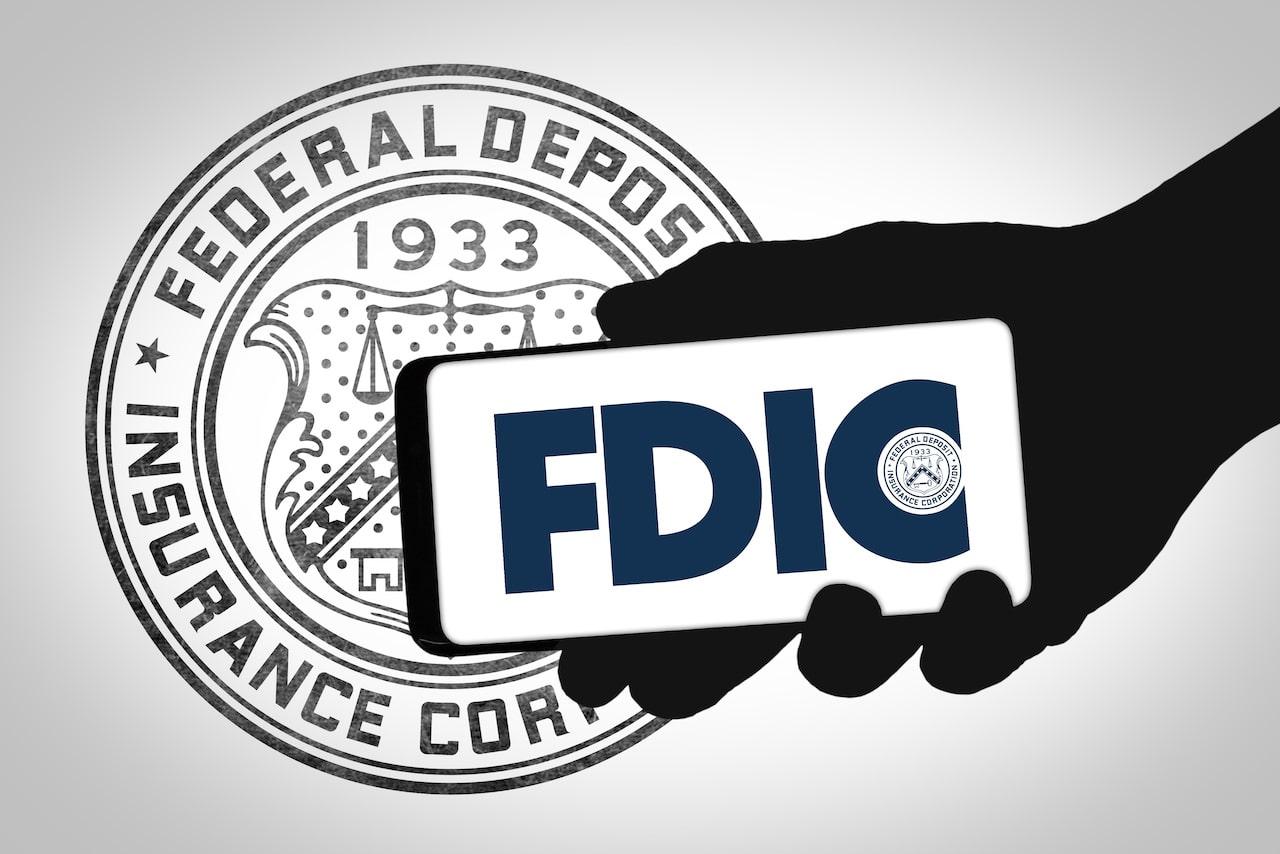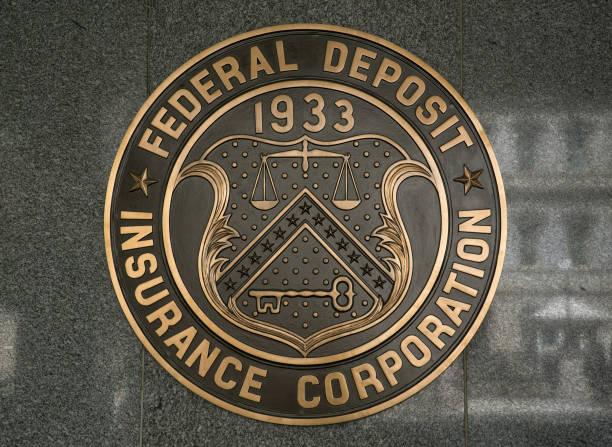FDIC Takes Action Against Debanking Strategies Impacting Trump’s Business ventures
In a surprising move that could reshape the financial landscape for prominent figures like Donald Trump, the Federal Deposit Insurance Corporation (FDIC) is ramping up its efforts to address what it deems unfair debanking practices. This initiative arises from increasing concerns that certain financial institutions are engaging in selective banking activities aimed at disfavoring specific business entities, particularly those associated with politics or controversial public personas. The FDIC’s position emphasizes the need for clarity and accountability in banking practices, asserting that consumers and businesses must not face economic exclusion based on personal or political beliefs.
Key components of the FDIC’s action plan include:
- Investigating Claims: A thorough review of banking practices that have led to the debanking of politically exposed individuals and their businesses.
- Regulatory Revisions: Potential amendments to current regulations to bolster protections against arbitrary withdrawal of banking services.
- Stakeholder Engagement: Open dialogues with financial institutions to educate them about fair practices and the repercussions of discriminatory policies.
As the FDIC forges ahead with this strategy, it may set a precedent for how banks interact with politically charged figures, ensuring that no one is unjustly deprived of essential financial services. The implications of these actions could extend beyond Trump, potentially affecting a wide array of entrepreneurs facing similar challenges in securing banking access.

Examining the Implications of Federal Intervention on Financial Institutions
The Federal Deposit Insurance Corporation (FDIC) is poised to play a crucial role in the evolving landscape of financial institutions, especially amid the contentious backdrop of former President trump’s debanking initiatives. This newfound intervention signals a shift that could reshape the regulatory framework governing the banking sector. With the FDIC’s expertise and mandate to protect consumer deposits, its engagement raises pivotal questions about the balance between enhancing financial stability and allowing banks the autonomy to operate without excessive government oversight. The anticipated measures could redefine operational standards across the board, placing a spotlight on how financial entities navigate their relationships with various stakeholders.
As the FDIC prepares its approach, several implications emerge that warrant careful consideration:
- Regulatory Adjustments: Heightened oversight may lead to a reevaluation of risk management practices within financial institutions.
- Consumer Confidence: A proactive stance could bolster public trust in the banking sector, especially in volatile economic climates.
- Market Dynamics: Changes to the regulatory environment may influence competitive strategies among banks, impacting everything from pricing to service offerings.

Proposed Regulations: Balancing Consumer Protection and Financial Freedom
The Federal Deposit Insurance corporation (FDIC) is preparing to implement a set of regulations aimed at addressing the contentious issue of debanking, where consumers and businesses face sudden financial exclusion from banking services. These proposed regulations seek to strike a careful equilibrium between ensuring robust consumer protections and allowing individuals the financial freedom to choose their banking services without undue interference.Critics argue that the existing regulatory environment has led to excessive caution among banks, prompting them to disengage from sectors or individuals they perceive as high-risk, thus limiting access for legitimate participants in the economy. With this initiative, the FDIC appears focused on remedying these disparities by fostering an inclusive banking framework that emphasizes compliance without discouraging essential service provisions.
In crafting these new rules, the FDIC is considering several pivotal factors that impact both consumers and financial institutions, including:
- Transparency in Banking Practices: banks will be required to provide clearer explanations for account terminations.
- Fair Treatment: Regulations will aim to protect vulnerable populations from arbitrary debanking.
- Accountability Mechanisms: Enhanced oversight to monitor discriminatory practices among banks.
This balanced approach represents a meaningful shift in regulatory beliefs, one that acknowledges the need for both security and freedom in the financial sector. as the FDIC moves forward with these initiatives,stakeholders will be closely monitoring the potential impacts on consumer accessibility and the operational flexibility for banks,ultimately determining if these regulations achieve their intended purpose of fostering a healthier and more inclusive banking environment.

Strategies for Businesses to Navigate the Evolving Banking Landscape
As the banking landscape undergoes significant changes, businesses must adopt proactive strategies to stay resilient and adaptable. One effective approach is to diversify banking relationships. By working with multiple financial institutions, companies can mitigate risks associated with relying on a single bank. This not only enhances access to funds but also ensures that businesses can adapt quickly to shifts in lending policies or market conditions. Additionally, utilizing fintech solutions can streamline financial operations and provide alternative funding sources, ultimately ensuring a more agile business model.
Another essential strategy is to focus on financial literacy and risk management. Businesses should invest in training their teams to understand new banking regulations and financial products. Incorporating regular workshops or collaborating with financial advisors can equip employees with the necessary skills to navigate these complexities. Furthermore, developing a robust risk assessment framework can help identify potential threats in a rapidly evolving market. This comprehensive approach will empower businesses to make informed decisions and safeguard their financial health amid uncertainty.
